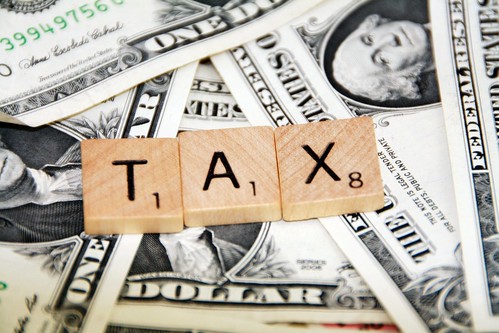Introduction
For the person who is facing financial turmoil, the decision to file for bankruptcy is one fraught with complexity and nuance. Amidst the myriad considerations, understanding the distinctions between Chapter 7 and Chapter 13 bankruptcy is paramount. In this comprehensive guide, we’ll unravel the intricacies of these two bankruptcy chapters, equipping you with the knowledge to make a well-informed decision tailored to your unique circumstances.
Chapter 7 Bankruptcy: The Liquidation Option
Chapter 7 bankruptcy, often referred to as “liquidation bankruptcy,” entails the liquidation of non-exempt assets to settle debts. This option is ideal for individuals seeking a fresh start without the burden of a repayment plan. People who are facing overwhelming debt may find Chapter 7 appealing for its expediency and potential for a swift resolution.
Determining Eligibility for Chapter 7
Individuals considering Chapter 7 must meet certain eligibility criteria, including passing the means test. This test evaluates your income relative to the median income in your state and determines your ability to repay debts. Understanding your eligibility is crucial in determining whether Chapter 7 is a viable option for your financial situation.
Pros and Cons of Chapter 7
- Pros: Quick resolution, discharge of most unsecured debts, immediate relief from creditor harassment.
- Cons: Potential loss of non-exempt assets, limited options for debt repayment, impact on credit score.
Chapter 13 Bankruptcy: The Repayment Solution
Chapter 13 bankruptcy, often termed “reorganization bankruptcy,” involves creating a structured repayment plan to settle debts over a period of three to five years. This option is suitable for people with a steady income who wish to retain their assets and repay debts over time in a manageable way.
Crafting a Repayment Plan:
In Chapter 13 bankruptcy, an experienced bankruptcy attorney will evaluate any non-exempt assets and their client’s income to help develop a feasible repayment plan. Some negotiation with the bankruptcy trustee may be involved. This plan outlines how debts will be repaid, typically prioritizing tax debts and secured debts while accommodating essential living expenses.
Pros and Cons of Chapter 13:
- Pros: Protection of assets, opportunity to catch up on mortgage or car payments, potential to discharge certain debts upon completion of the repayment plan.
- Cons: Lengthy process, strict adherence to repayment plan, potential for higher overall payments compared to Chapter 7.
Determining the Best Option
Sophisticated individuals evaluating bankruptcy options must conduct a thorough assessment of their financial situation, considering factors such as income, assets, debts, and long-term financial goals. Consulting with a knowledgeable bankruptcy attorney is invaluable in navigating the complexities of Chapter 7 and Chapter 13, as well as exploring alternative solutions.
Making an Informed Decision
Ultimately, the decision to file for Chapter 7 or Chapter 13 bankruptcy hinges on a careful evaluation of the benefits, drawbacks, and suitability of each option to your unique circumstances. Bankruptcy can be used as a strategic tool to regain financial stability and pave the way for a brighter financial future.
Conclusion
Navigating the choice between Chapter 7 and Chapter 13 bankruptcy demands a nuanced understanding of each option’s implications. For the sophisticated individual, making an informed decision entails assessing eligibility, weighing the pros and cons, and aligning the chosen path with long-term financial objectives. With the guidance of a seasoned bankruptcy attorney, you can embark on the path towards financial recovery with clarity, confidence, and sophistication.




